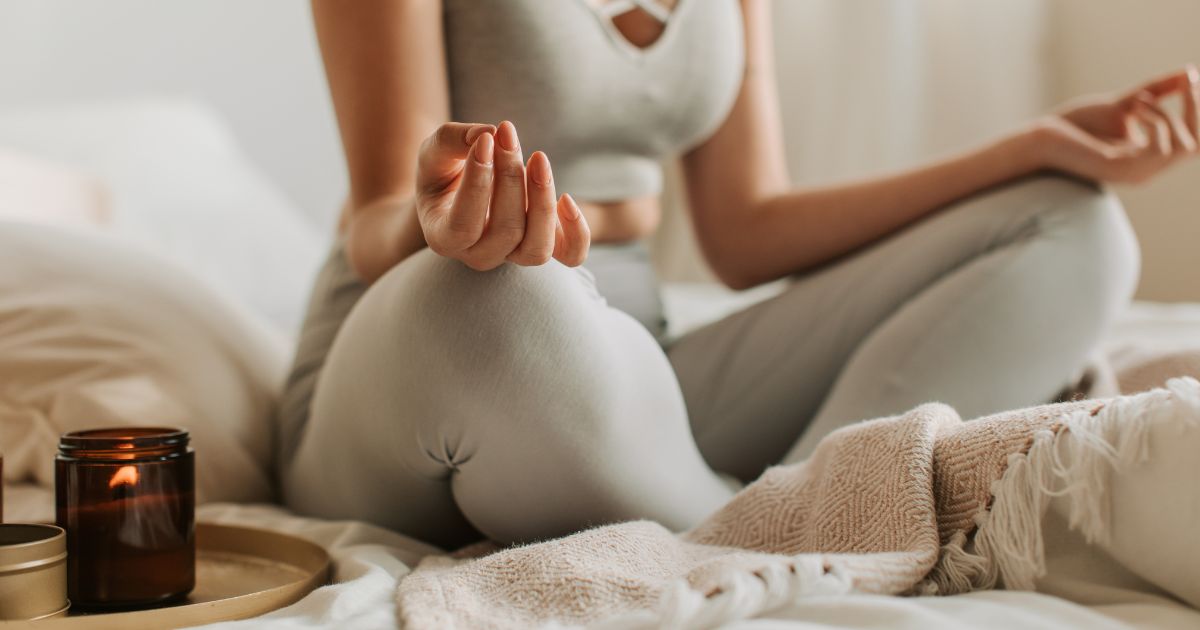Have you ever found yourself tossing and turning in bed, desperate for sleep to overtake you, but your mind just won’t shut off? Many of us struggle with falling asleep fast, which can negatively impact both our physical and mental well-being. The good news is, there are several simple strategies you can implement to help you drift off into a peaceful slumber. In this article, we will explore some tried and tested methods to help you fall asleep fast and enjoy a full night’s rest.
Stick to a Sleep Schedule
One of the best ways to regulate your sleep and fall asleep fast is to establish a consistent sleep schedule. Try to go to bed and wake up at the same time every day, even on weekends. By doing so, you train your body and internal clock to recognize when it’s time to sleep, making it easier to doze off quickly.
Create the Perfect Sleep Environment
Creating a sleep-friendly environment plays a vital role in falling asleep fast. Ensure that your bedroom is dark, quiet, and at a comfortable temperature. Invest in blackout curtains, earplugs, or even a white noise machine to block out external disturbances that can disrupt your sleep.
Wind Down before Bed
Engage in relaxing activities before your planned bedtime. This could include reading a book, practicing deep breathing or meditation, or listening to calming music. Avoid mentally stimulating activities like watching thrilling TV shows or engaging in intense workouts close to bedtime, as they can make falling asleep quickly more challenging.
Avoid Screen Time
The blue light emitted by electronic devices, such as smartphones, tablets, and computers, can interfere with your sleep quality. Expose yourself to these devices within two hours before bedtime can delay the release of sleep-inducing hormones. Make it a habit to switch off electronic devices and engage in screen-free activities before sleep for fast, quality slumber.
Limit Caffeine and Heavy Meals
Caffeinated beverages, like coffee and certain teas, can stay in your system for hours, keeping you alert and awake, making it difficult to fall asleep fast. Similarly, heavy, spicy, or greasy meals should be avoided in the evenings as they can cause heartburn and discomfort, disrupting proper sleep. Opt for herbal tea and lighter, easier-to-digest meals instead.
Use Relaxation Techniques
Relaxation techniques, such as progressive muscle relaxation and guided imagery, can help calm both your body and mind, making it easier to fall asleep quickly. In progressive muscle relaxation, you systematically tense and then release different muscle groups while focusing on your breath. Guided imagery involves visualizing serene and peaceful scenes to redirect your thoughts from stress and anxiety.
Maintain a Regular Exercise Routine
Engaging in regular physical exercise is not only beneficial for your overall health but can also contribute to falling asleep quickly. However, ensure that your exercise routine is not too close to bedtime, as this may elevate your heart rate and make it harder to drift off. Aim to finish exercising at least a few hours before bedtime to give your body ample time to wind down.
Bed Is for Sleep Only
Train your brain to associate your bed with sleep and relaxation only. Avoid using your bed for activities like watching TV, working on your laptop, or even eating. When you consistently limit your bed activities to sleep-related tasks, your brain will automatically recognize that it’s time to sleep when you lie down, making it easier to fall asleep quickly.
Aromatherapy and Essential Oils
Aromatherapy, the use of scents to promote relaxation, can aid in falling asleep fast. Essential oils like lavender, chamomile, and ylang-ylang are known for their calming properties. Diffuse these oils in your bedroom, spray them on your pillow, or put a few drops in a bath before bedtime to create a soothing atmosphere that will help you drift into dreamland.
Avoid Napping
If you have trouble falling asleep quickly, try to avoid napping during the day. Napping can interfere with your natural sleep cycle and make it harder for you to sleep at night. If you must take a nap, keep it short (around 20-30 minutes) and make sure to do it early in the day to allow enough time between nap and bedtime.
Conclusion
By implementing these strategies, you can significantly increase your chances of falling asleep fast and getting a full, restful night’s sleep. Stick to a sleep schedule, create a sleep-conducive environment, wind down before bed, limit screen time and caffeine, utilize relaxation techniques, maintain a regular exercise routine, teach your brain to associate the bed with sleep, explore aromatherapy, and avoid daytime napping. All these actions will pave the way for sweet dreams and improved overall well-being. Good luck on your journey to improving your sleep habits for a brighter and more refreshed tomorrow!
Thank you for reading this article. Interested in more topics related to sleep and well-being? Stay tuned for our next informative piece!





